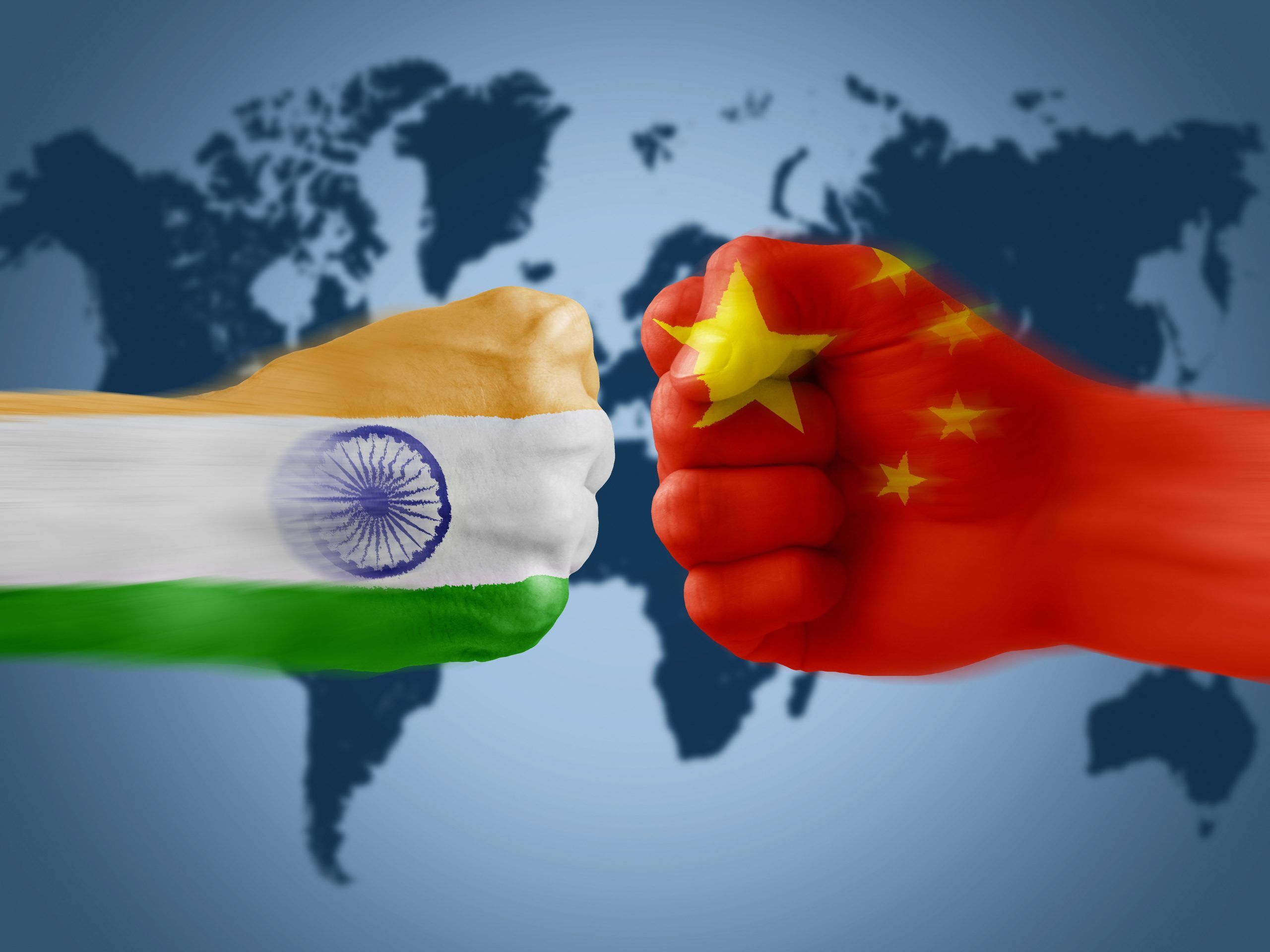No name calling!
Both New Delhi and Beijing avoid calling out each other explicitly on public fora but their reasons to do so are entirely different

Political spiel by the top Indian leadership is conspicuous for its reluctance to call out 'China' explicitly, despite the bloodied borders and fractured relations. This is despite Beijing replacing Islamabad as the foremost enemy, as also confirmed by the former Indian Chief of Defence Staff, General Bipin Rawat. Vacuous statements like "if harmed, India won't spare anyone" or wordplay between 'intrusion' versus 'transgression' notwithstanding, China is the unequivocal elephant in the room even if the same remains unstated for reasons of inexplicable expediency. However, it was the reciprocal reticence in categorically mentioning 'India' by the Chinese President Xi Jingping at the 20th National Congress of the Communist Party of China (CCP), that was telling. Xi's two-hour long speech, with a gargantuan 25,000-word translation in English, had no mention of 'India' even though it afforded no similar hesitation in mentioning other hotspots like the United States, Korea, Japan, Taiwan, Hong Kong, Macao etc.
Was this noticeable abstinence from mentioning 'India' by Xi Jingping, deliberate? Was the reference to Delhi masked in nondescript expressions like "global changes of a magnitude not seen in a century", which could be safely presumed to allude to global crises like the Ukraine War or the Covid pandemic (which did earn a lengthy mention)? Or was it simply the case that 'India' is way down in the calculus of woes that consumes the Chinese regime? More likely than not, it was the reality of 'India' not fitting into the existential issues or those that potentially deligitimise the perennially paranoid, one-party rule of the Chinese Communist Party (CCP).
For an essentially inward-looking nation, the Chinese leadership has bargained perceptions of visibilised 'economic upliftment' for its teeming masses, for hard control and single-party rule. The popularly imagined 'Chinese Dream' (Zhongguo Meng) is not predicated on territorial expansionism, ideological assertion or even playing hardball in the global diplomacy – it is all about a sense of uninterrupted growth-based prosperity and bright socio-economic future, for all citizens. The obvious muscularity of intimidating Taiwan (therefore challenging the 'superpower' United States of America, ostensibly fearlessly), and trade-wars and pow-wows with neighbours in the South China Sea (as also India) is part of the curated package and necessary optics. Therefore, the patented militaristic-diplomatic belligerence is vital to create the invaluable 'enemies' who could supposedly come in the way of Xi Jingping's promise to, as stated in the speech, "achieving lasting greatness for the Chinese nation"!
Purely from the perspective of manufacturing political emotions, the more fertile territory is to deliberately invoke a Taiwan which has ethnic-historical-cultural affinities ("fellow Chinese on both sides of the Taiwan Strait are one family bound by blood"), a Japan that has unhealed memories of brutal occupation (Nanjing massacre, Unit 731, comfort women etc.) or even a United States of America, that collaterally lends a scale to the Chinese ambition, audacity, and capability. Unlike India where the nightmare of 1962 still haunts the national conscience and the system of participative democracy that holds the dispensations accountable — be it for 1962 or the summer of 2020 – the common Chinese does not bear similar passions, intensities, or resonances, vis-à-vis India. Xi Jingping would recognise this critical disconnect between the Indian and the Chinese narrative, and therefore modulate its stance and text accordingly. It, too, is a matter of political expediency like in the Indian context of non-mentioning 'China', albeit, the base for Chinese expediency would be hinging on practicality and lack of relative utility, as far as Xi Jingping's omission of 'India' is concerned.
On the contrary, Xi Jingping's flourish in the seminal speech was littered with pacifisms like, "China pursues a defensive national defense policy" and, "China will never seek hegemony or engage in expansionism", however hollow that sounds in the face of Chinese conduct, otherwise. If anything, there were huge hints of perceived vulnerability and institutional dissonance as Xi repeatedly dialed up corruption, loyalty and even the structural faultline of "Party's absolute leadership over the people's armed forces (PLA)". Clearly, the played-down impact of the Covid pandemic and its debilitating economic aftermath, specters of 'Superpower' limits in holding enemy ground, be it in Afghanistan or Ukraine (or even the ramrod response from the Indians Armed Forces) or the undeniable 'pariahisation' of the Chinese diplomacy is becoming hard to 'manage' – Xi Jingping needs to consolidate, solidify and tom-tom socio-economic success with his masses above all, and everything else is a sideshow, in the scheme of things.
India was, is, and will remain, a strategic bugbear for the Chinese regime, but it isn't the primary preoccupation. For once, the topical situation is such that the Chinese can ill-afford the luxury of longtime views and must therefore focus hard on sole legitimiser of the illiberal and hard governance of the Chinese Communist Party since 1951 i.e., socio-economic contentment of 1.4 billion Chinese. However, passions of sovereignty and territorial integrity could be more sensitive, impactful and transformational in a participative democracy, unlike real socio-economic issues. Recent history of Indian politics exemplifies the power of distraction and galvanisation with Pulwama-Ballakot, Article 370 or even the raking up of 'China' by name by the Indian opposition parties, even if the dispensation would prefer more nuanced and tempered reference or leave the occasional mention to executive other than the top political leadership. Outcomes of 'omission' are the same, but the reasons are significantly different.
The writer is the former Lt Governor of Andaman and Nicobar Islands & Puducherry. Views expressed are personal



